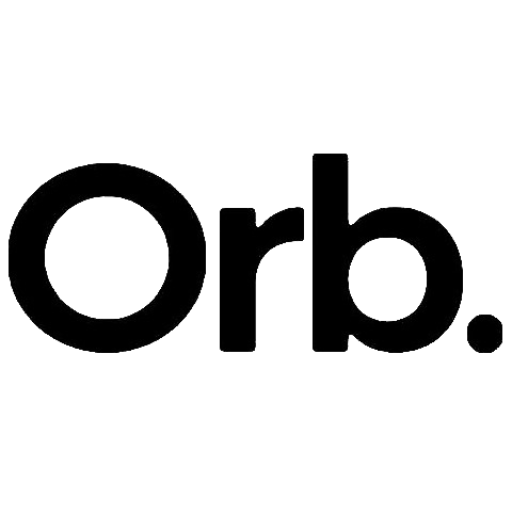Personal branding refers to the strategic design of an identity that influences public perception. It allows individuals to create a unique image that differentiates them from competitors, making them more recognizable and relatable to their audience.
The Importance of Personal Branding
The significance of personal branding continues to grow in the digital age. By establishing a strong personal brand, you can effectively communicate your unique skills and values, showcasing your strengths and achievements to potential employers. This career marketing not only increases your visibility but also fosters genuineness to employers, allowing them to see the authentic self behind the professional facade.
Benefits of Personal Branding
- Control Over Public Perception: Crafting your personal brand allows you to manage how others view you, which is crucial in today’s fast-paced environment.
- Career Development: A well-defined personal brand can open doors to new opportunities and advancements in your career.
- Reflecting Personal Values and Passions: Your personal brand is a reflection of who you are, showcasing your core beliefs and interests.
Building Your Personal Brand Effectively
Building a personal brand involves an intentional practice of defining who you are and what you represent. Here are key steps to develop your personal brand strategy:
- Define Your Value Proposition: Identify what makes you unique and how you can add value to others.
- Target Audience Identification: Understand who you want to connect with and tailor your messaging to meet their needs.
- Clean Up Your Social Accounts: Ensure that your online presence aligns with your personal brand, as potential employers often review social media profiles.
- Maintain a Strong Social Media Presence: Use platforms like LinkedIn, Instagram, and Twitter to showcase your expertise and connect with your audience.
Key Trends for Personal Branding in 2024
As we look toward the future, several key trends for 2024 can influence your personal branding strategy. These include:
- Effective Communication: Emphasizing clear and authentic communication can help establish trust with your audience.
- Marketing Yourself as a Brand: Individuals are encouraged to present themselves in a way that highlights their skills and experiences, similar to how companies market their products.
- Authenticity: Sharing your personal story can differentiate you and create a deeper connection with your audience.
Conclusion
In conclusion, personal branding is more than just self-promotion; it is about controlling public perception and navigating career development while remaining true to oneself. For professionals in a digital marketing agency, a solid personal brand is essential to thriving in your career, as it helps you gain recognition and opportunities that align with your values. Embracing personal branding is crucial for anyone looking to advance their career and make a lasting impact in today’s digital world.


